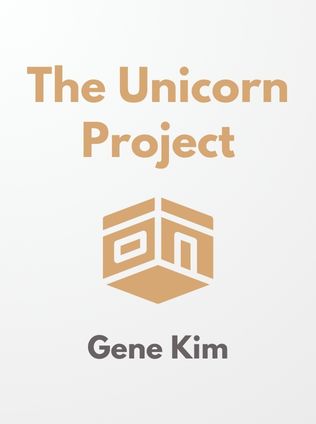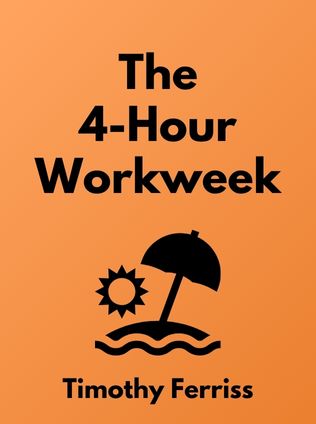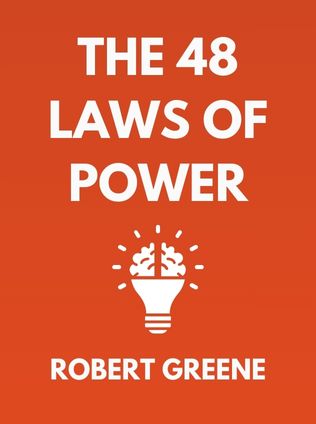
The Unicorn Project
By Gene Kim
Published 11/2019
About the Author
Gene Kim is a thought leader in the fields of IT and digital security, renowned for his profound contributions to the DevOps movement. He is the founder of Tripwire, a digital security firm, and co-founder of the IT Process Institute. Gene’s experience spans decades, during which he has developed and advocated for the integration of software development and IT operations—a methodology now widely recognized as DevOps. His approach to IT management is deeply rooted in real-world experience, which he artfully blends with narrative storytelling in his books.
In 2013, Kim co-authored "The Phoenix Project" with Kevin Behr and George Spafford, which became a cornerstone in the literature of DevOps, exploring the dynamics of IT departments from a managerial perspective. In "The Unicorn Project," published in 2019, Kim shifts the narrative focus from management to the developers themselves, offering a ground-level view of the challenges and transformative potential within IT departments. Through this fictional yet insightful lens, Kim continues to influence how organizations think about and implement DevOps practices.
His work goes beyond mere technical insights, delving into the psychological and cultural aspects of workplace dynamics. This makes Gene Kim not just a technologist but also a visionary who understands the human elements essential for creating thriving, innovative organizations. "The Unicorn Project" is a testament to his belief that by empowering individuals and fostering a collaborative, open culture, organizations can overcome even the most entrenched dysfunctions.
Main Idea
"The Unicorn Project" is more than just a sequel to "The Phoenix Project." It is a powerful exploration of the cultural and structural changes necessary to foster innovation and productivity in today’s fast-paced digital landscape. At its core, the book argues that the survival of any modern business hinges on its ability to empower its people, streamline processes, and maintain a relentless focus on continuous improvement.
Gene Kim uses the fictional case of Parts Unlimited—a once-thriving auto parts manufacturer now teetering on the brink of collapse—to illustrate these ideas. The narrative follows Maxine Chambers, a talented software developer who finds herself unjustly blamed for a failed project and relegated to the company’s most troubled initiative: the Phoenix Project. Through Maxine’s journey, Kim sheds light on the toxic workplace culture that has taken root at Parts Unlimited, characterized by fear, blame, and bureaucracy. The story is a rallying cry for a new way of thinking and working, where creativity, collaboration, and customer focus are at the forefront.
Table of Contents
- Introduction to the Toxic Workplace
- The Impossible Project
- An Underground Movement
- The Rebels Strike Back
- Unicorn Is Born
- The Unicorn Revolution
- Unicorn's Success
- Change on a Company Level
- Symptoms of a Toxic Workplace
- The Essentials of Productivity
- Simplicity and Focus on the Customer
- Candor and Safety
- Nonstop Improvement
- Promoting the Flow
Introduction to the Toxic Workplace
Maxine Chambers is introduced as a seasoned developer at Parts Unlimited, a company once at the forefront of the auto parts industry but now in decline due to internal dysfunctions. The narrative begins with a stark portrayal of the toxic workplace culture that has engulfed the company, a culture where blame is the norm, and innovation is stifled by an overbearing bureaucracy. Maxine’s unjust reassignment to the Phoenix Project, following the failure of a payroll system, sets the stage for the story’s exploration of systemic issues within the company’s IT department.
Parts Unlimited’s IT department is depicted as a microcosm of everything that can go wrong in a corporate environment. Here, the focus is on self-preservation rather than collaboration, leading to a breakdown in communication and a lack of trust among team members. The work environment is oppressive, with developers isolated in cubicles, unable to share ideas or work together effectively. The culture of fear that permeates the company discourages risk-taking and innovation, creating a vicious cycle of blame and underperformance.
"An organization is doomed if it fails to trust and empower its employees, focuses on assigning blame rather than solving problems, and stops anything from being accomplished by drowning every action in a mound of red tape." —Gene Kim
Through Maxine’s eyes, the reader is introduced to the various symptoms of this toxic culture. There is a palpable sense of frustration and helplessness among the employees, who are unable to make progress due to the layers of bureaucracy that have accumulated over time. This culture not only hampers productivity but also erodes employee morale, leading to high turnover and a general sense of disillusionment within the company.
The Impossible Project
Maxine’s reassignment to the Phoenix Project is not just a professional setback; it is a descent into the heart of the company’s dysfunction. The Phoenix Project, an initiative aimed at creating an online sales platform, has been in development for years without any tangible progress. It is mired in complexity, with no clear direction or leadership. The project is emblematic of the broader issues facing Parts Unlimited—a lack of focus, poor communication, and an inability to adapt to changing market demands.
The project’s office is a "dismal cube farm," where developers work in isolation, cut off from meaningful collaboration or feedback. The culture within the Phoenix Project is one of fear and stagnation. Developers are afraid to take risks because any mistake could lead to punishment. This fear has led to a complete lack of innovation and progress, with the project stuck in a perpetual state of development hell.
Sign up for FREE and get access to 1,400+ books summaries.
You May Also Like
The Life-Changing Magic of Tidying Up
The Japanese Art of Decluttering and Organizing
By Marie KondoThe Lean Startup
How Today's Entrepreneurs Use Continuous Innovation to Create Radically Successful Businesses
By Eric RiesWho Moved My Cheese?
An Amazing Way to Deal with Change in Your Work and in Your Life
By Spencer Johnson, M.D.Make Your Bed
Little Things That Can Change Your Life...And Maybe the World
By William H. McRaven



















